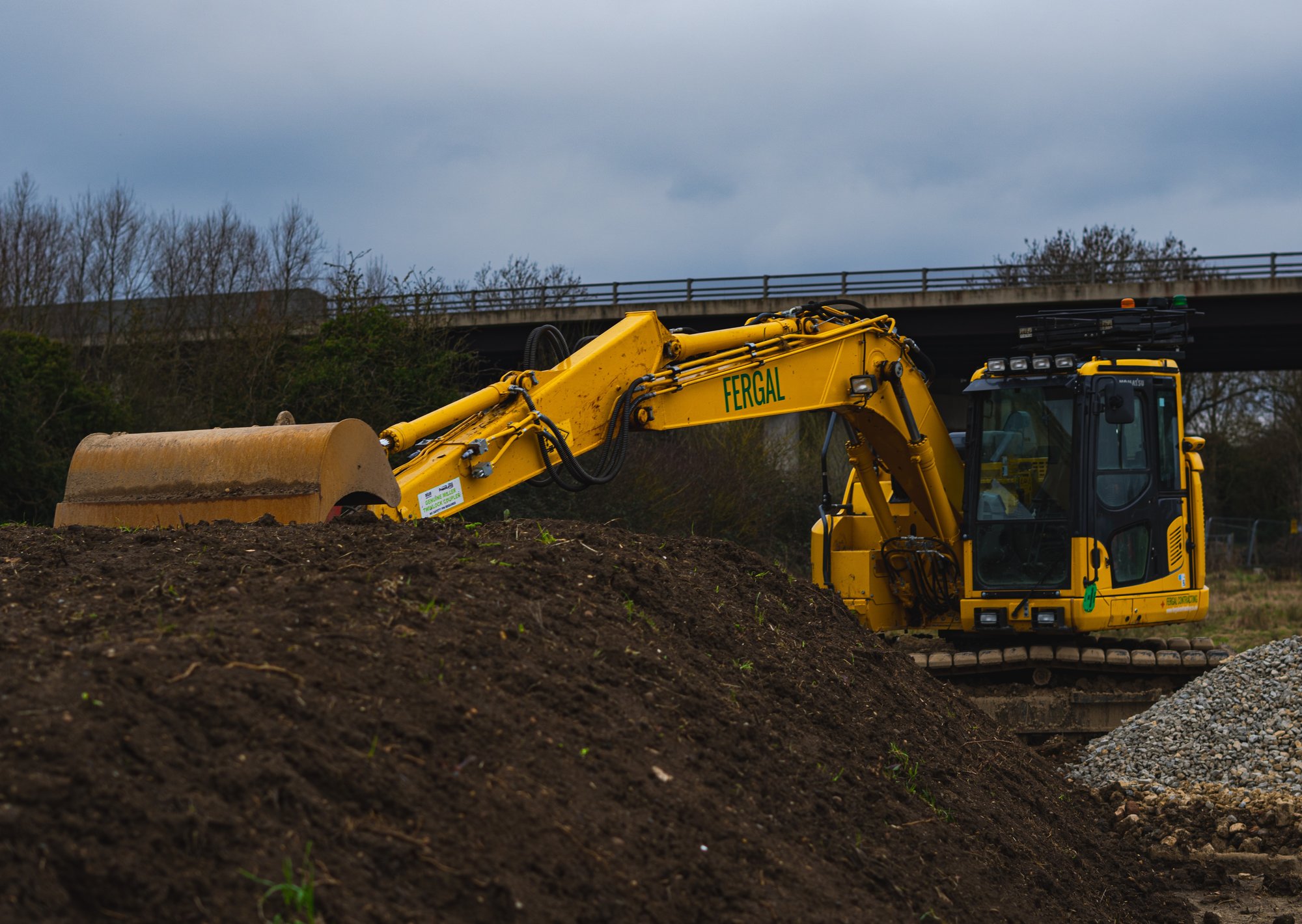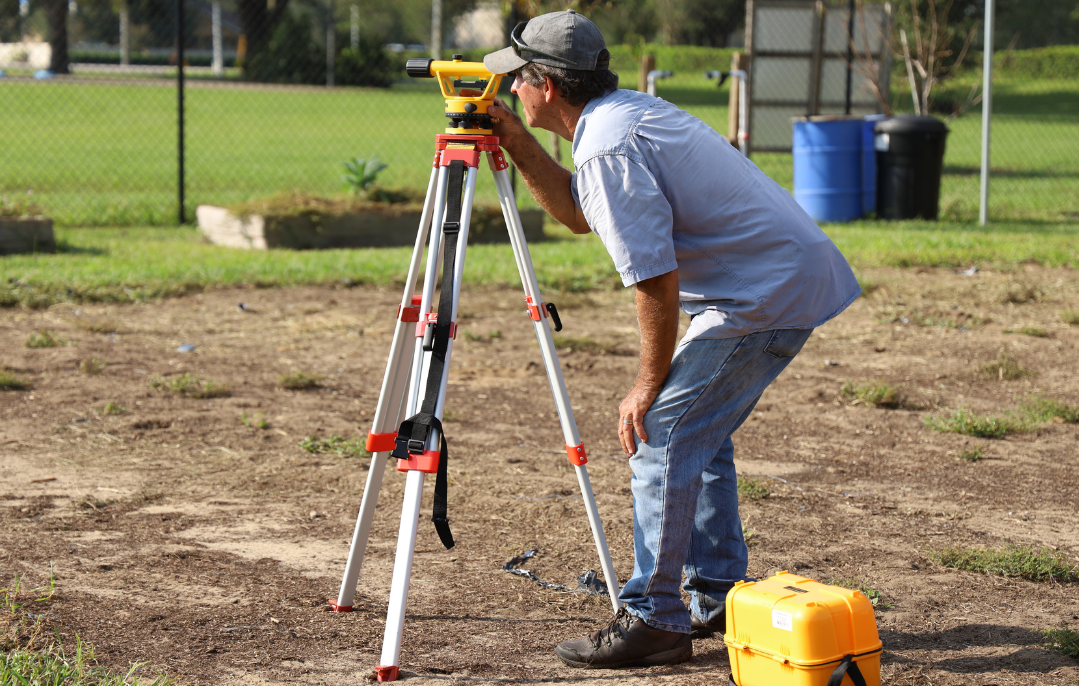 Photo by Dawid Zawiła on Unsplash
Photo by Dawid Zawiła on Unsplash
Investing in land in Newfoundland offers a world of possibilities for developers and homebuilders alike. The province's stunning natural beauty, strong economic growth, and abundant resources make it an attractive choice for those seeking to capitalize on real estate opportunities. In this comprehensive guide, we will delve into the key considerations and valuable tips for anyone looking to purchase land in Newfoundland.
 Photo by Erik Mclean on Unsplash
Photo by Erik Mclean on Unsplash
Research the Market:
Before diving into any investment, conducting thorough market research is essential. Look into property trends, pricing patterns, and upcoming developments in the region. Pay attention to key locations, growth potential, and proximity to amenities such as schools, shopping centers, and transportation links. By understanding the market dynamics, you can make informed decisions and identify properties with the greatest potential for returns.
Define Your Goals and Budget:
Clarifying your goals is crucial when purchasing land. Are you looking to develop commercial properties or residential buildings? Or do you envision building your own dream home? By defining your goals, you can narrow down your options and focus on properties that align with your objectives. Additionally, set a realistic budget that takes into account not only the purchase price but also the potential costs for development, permits, and infrastructure. Photo by Caspar Rae on Unsplash
Photo by Caspar Rae on Unsplash
Engage with Local Experts:
Working with a reputable real estate agent who specializes in Newfoundland can provide invaluable insights into the local market. They possess in-depth knowledge of the area, zoning regulations, and potential development opportunities. These professionals can guide you through the buying process, negotiate deals, and provide advice on land suitability for your specific needs.
Assess the Property:
Before making an offer, thoroughly assess the land you are interested in purchasing. Evaluate the soil quality, topography, and drainage conditions. Consider environmental factors, such as flood zones or protected areas, that may affect your plans. A comprehensive land survey and inspection will help you identify any potential issues or restrictions and avoid costly surprises down the road.
Understand Zoning and Regulations:
Familiarize yourself with local zoning regulations and land use restrictions in Newfoundland. This knowledge is essential for determining the feasibility of your development plans. Understand the permitted uses, setbacks, and height restrictions imposed by municipal bylaws. Ensure compliance with environmental regulations, especially if you plan to develop near sensitive areas such as water bodies or protected lands.
Consider Future Growth Potential:
While assessing a property's current value is crucial, also evaluate its growth potential. Research upcoming infrastructure projects, transportation expansions, and commercial developments in the area. Investing in land with anticipated future growth can significantly increase its value over time and provide lucrative opportunities for developers.

Evaluate Access to Utilities:
Ensure that the land you are considering has access to essential utilities such as water, electricity, and sewage systems. If the property is not already serviced, determine the feasibility and costs of connecting to these utilities. Additionally, assess the availability of high-speed internet and other amenities that potential buyers or tenants may prioritize.
Investing in land in Newfoundland offers a wealth of opportunities for developers and homebuilders alike. Consider the factors mentioned in this guide, such as market trends, zoning regulations, and future growth potential, to maximize your investment returns. Begin your land acquisition journey with RE/MAX Infinity today!
Posted by Infinity Admin on
Leave A Comment